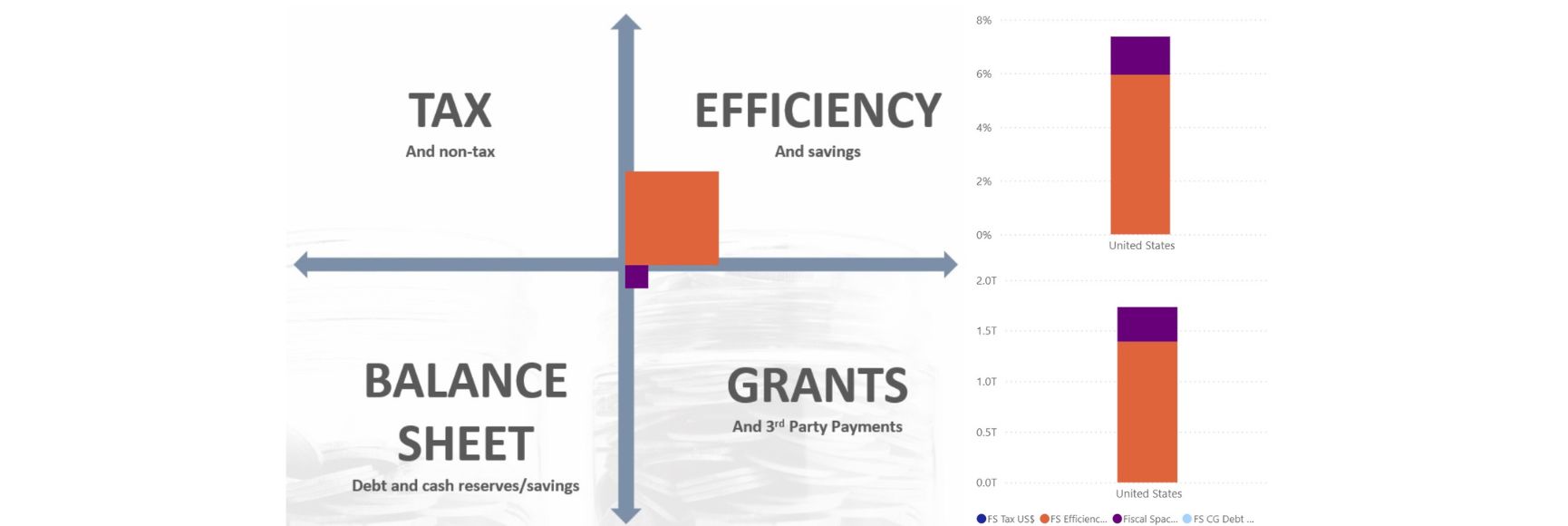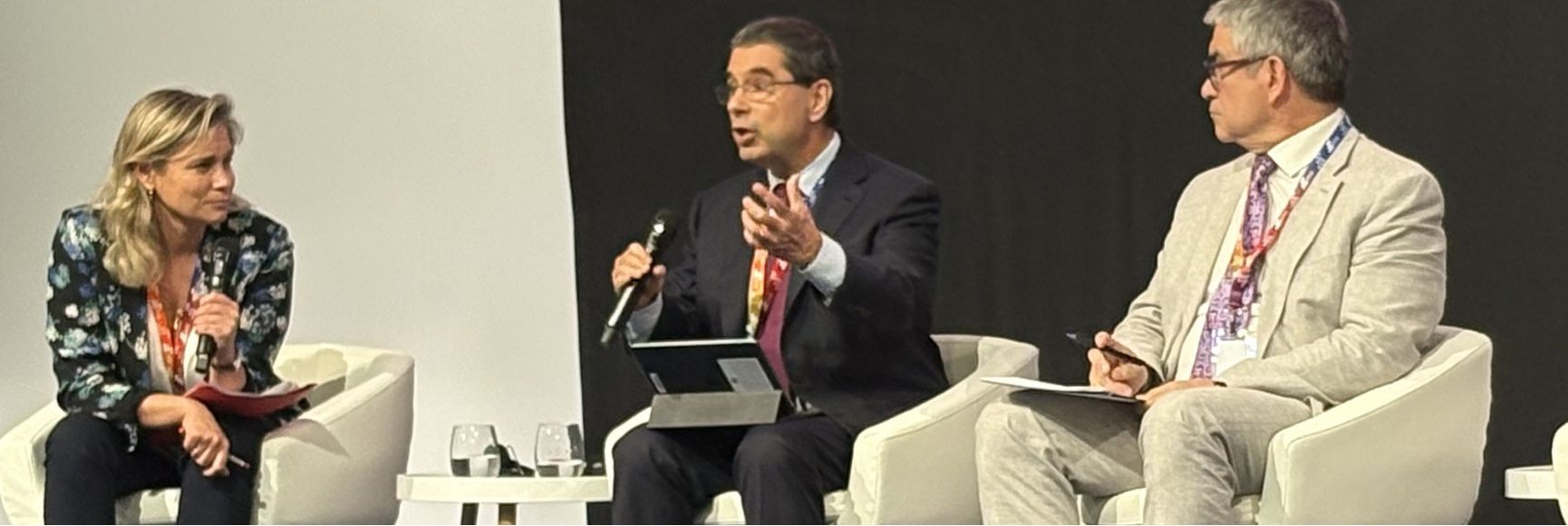Posted by Mark Silins
The Treasury Community of Practice (TCOP) of PEMPAL[1] conducted a highly participative three-day workshop entitled “Internal Control and the Role of a Modern Treasury” from April 24–26, 2013. Over 60 officials, including treasury managers and specialists from 18 TCOP-member countries, as well as representatives of the Ministries of Finance of the Netherlands and Ireland, took part in the workshop held in Kiev, Ukraine. The workshop was also supported by experts from the World Bank, OECD, and the Slovenian Centre of Excellence in Finance.
The general objective of the Kiev event was to provide an opportunity for TCOP members to exchange experiences and take stock of the steps taken to date in implementing internal controls in each country and what, if any, steps remained. The workshop discussed both the role of a treasury in terms of managing internal controls within its own operations along with the broader role of the treasury as a key player within the overall public internal control framework in government. Prior to the workshop, participant countries responded to a 40-question survey to ascertain the status of their internal controls in relation to both of these two roles. Responses to the surveys proved extremely useful in designing an agenda relevant to participating countries.
Key issues identified from the responses to the questionnaire include:
- While institutional frameworks for financial management control exist in each country, there are also significant gaps when compared with good practice;
- Some countries do not have adequate internal control arrangements for their Treasury;
- Most countries do not conduct regular treasury risk assessments;
- A majority of countries conduct no regular independent (i.e. by persons outside IT) review of treasury IT system controls;
- Most countries have IT business continuity plans, but only a minority annually test such procedures;
- In a significant number of countries, treasury still plays a role in pre-approving payments;
- In most countries, large numbers of staff are involved in payment processes despite significant investments in automated accounting systems.
The event involved some very informative presentations by officials from participating countries on their financial management control frameworks, supplemented by input from a small number of international experts. Approximately 40% of the agenda was devoted to group discussion and reporting, where key issues and themes were explored in detail.
With many countries having implemented or currently upgrading automated accounting systems, a major issue addressed by participants was the appropriate role of a modern treasury in government payment processes, particularly whether the Treasury should be involved in ex-ante controls. Some member countries have already devolved central ex-ante controls from the treasury fully to line ministries, and presentations from these countries supplemented by international experience proved an excellent vehicle for discussion.
The workshop, supported by the survey, provided a useful foundation for further work both, within the entire TCOP, and also for each member country. The key messages emerging from the three days were:
- Every country has made progress in implementing its financial management control framework, however, further work is required to move closer to COSO[2] compliant practice;
- Despite the significant investment in information technology, countries continue to maintain many manual and duplicative processes. A review of key business processes would be beneficial for a number of countries;
- Treasury internal control frameworks require further attention, particularly business continuity and disaster recovery planning – plans are in place but they are not part of operational management;
- For many countries, including a number of TCOP members, the role of the treasury has shifted from ex-ante control over transactions to a higher level policy and cash management focus. This provides a useful benchmark for other TCOP countries to consider.
All the materials from the workshop are available here.
[1] Public Expenditure Management Peer Assisted Learning (PEMPAL) aims to improve the efficiency, effectiveness and transparency of public expenditure in Central and Eastern Europe and Central Asia countries. The program supports activities that bring practitioners in public finance together in COPs to enhance peer learning through benchmarking performance for implementation of reforms in public finance. The Three COPs are Treasury, Internal Audit and Budget.
[2] The Committee of Sponsoring Organizations of the Treadway Commission (COSO) has developed the Internal Control-Integrated Framework which is widely used internationally.
Note: The posts on the IMF PFM Blog should not be reported as representing the views of the IMF. The views expressed are those of the authors and do not necessarily represent those of the IMF or IMF policy.





